Intro
Discover effective Ringworm Treatment Options, including antifungal medications, home remedies, and natural therapies, to help manage symptoms and prevent fungal infections, promoting healthy skin and rapid recovery.
Ringworm is a common fungal infection that affects millions of people worldwide. It is a highly contagious disease that can be spread through direct contact with an infected person, animal, or contaminated surface. Despite its name, ringworm is not caused by a worm, but rather by a type of fungus called dermatophytes. The infection can affect various parts of the body, including the skin, hair, and nails. In this article, we will delve into the different ringworm treatment options available, their effectiveness, and the importance of seeking medical attention.
Ringworm is a treatable condition, and with the right treatment, it can be cured. However, if left untreated, it can lead to complications such as skin irritation, hair loss, and nail damage. The treatment of ringworm depends on the severity and location of the infection. Mild cases of ringworm can be treated with over-the-counter medications, while more severe cases may require prescription medications. It is essential to consult a doctor or a dermatologist for proper diagnosis and treatment.
The symptoms of ringworm can vary depending on the location and severity of the infection. Common symptoms include a red, circular rash with a clear center, itching, burning, and cracking of the skin. In some cases, the infection can cause hair loss, nail thickening, or discoloration. If you suspect you have ringworm, it is crucial to seek medical attention to prevent the spread of the infection and to receive proper treatment.
Causes and Risk Factors of Ringworm
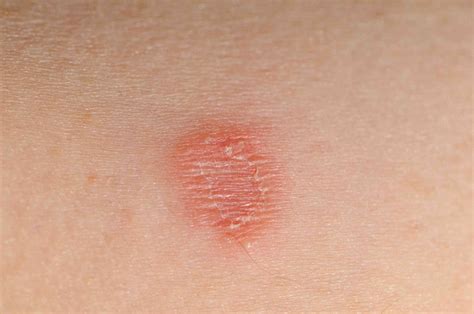
Ringworm is caused by a type of fungus called dermatophytes. The fungus can be spread through direct contact with an infected person, animal, or contaminated surface. The risk factors for ringworm include poor hygiene, sharing personal items, and participating in contact sports. People with weakened immune systems, such as those with diabetes or HIV, are also more susceptible to ringworm.
Types of Ringworm
There are several types of ringworm, including tinea corporis, tinea capitis, tinea pedis, and tinea unguium. Tinea corporis is the most common type of ringworm and affects the skin on the body. Tinea capitis affects the scalp and hair, while tinea pedis affects the feet. Tinea unguium affects the nails.Ringworm Treatment Options
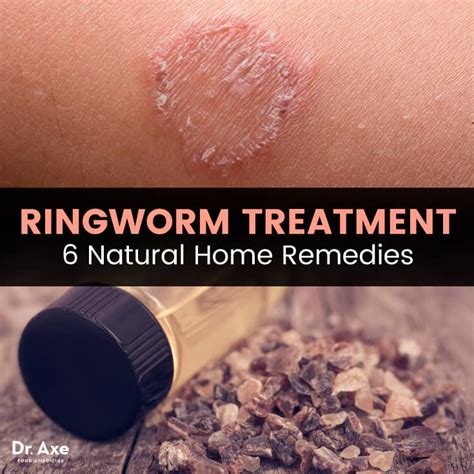
The treatment of ringworm depends on the severity and location of the infection. Mild cases of ringworm can be treated with over-the-counter medications, such as antifungal creams, ointments, or powders. More severe cases may require prescription medications, such as oral antifungal medications.
Over-the-Counter Medications
Over-the-counter medications for ringworm include: * Clotrimazole * Miconazole * Terbinafine * TolnaftateThese medications can be applied topically to the affected area and can help to clear up the infection within a few weeks.
Prescription Medications
Prescription medications for ringworm include: * Griseofulvin * Itraconazole * Fluconazole * TerbinafineThese medications can be taken orally and can help to clear up the infection within a few weeks.
Home Remedies for Ringworm
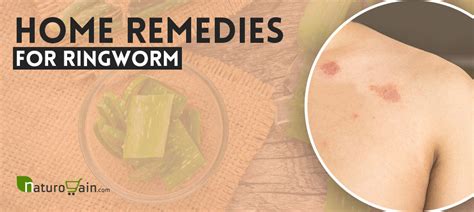
There are several home remedies that can help to treat ringworm, including:
- Tea tree oil
- Coconut oil
- Apple cider vinegar
- Garlic
These remedies can be applied topically to the affected area and can help to reduce the symptoms of ringworm.
Prevention of Ringworm
Preventing ringworm is crucial to avoid the spread of the infection. The following tips can help to prevent ringworm: * Practice good hygiene * Avoid sharing personal items * Wear protective clothing when participating in contact sports * Keep your skin clean and dryComplications of Untreated Ringworm
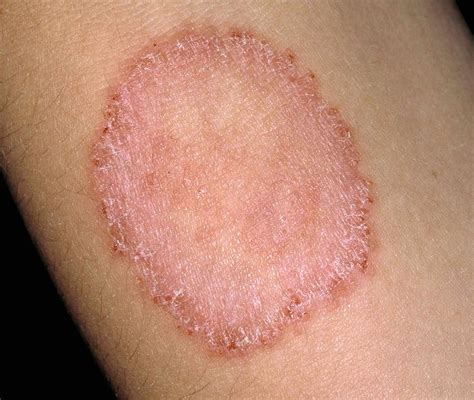
If left untreated, ringworm can lead to complications such as skin irritation, hair loss, and nail damage. In some cases, the infection can spread to other parts of the body, such as the face, hands, or feet.
When to Seek Medical Attention
It is essential to seek medical attention if you suspect you have ringworm. A doctor or dermatologist can diagnose the infection and provide proper treatment. You should also seek medical attention if you experience any of the following symptoms: * Severe itching or burning * Redness or swelling * Pus or discharge * FeverConclusion and Final Thoughts
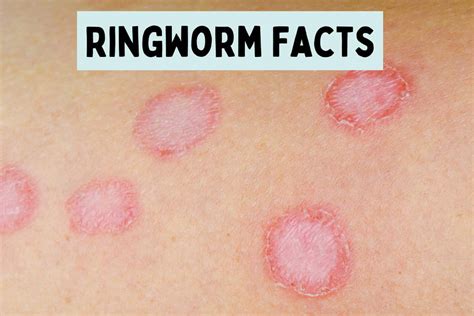
In conclusion, ringworm is a treatable condition that can be cured with the right treatment. It is essential to seek medical attention if you suspect you have ringworm to prevent the spread of the infection and to receive proper treatment. By practicing good hygiene, avoiding sharing personal items, and wearing protective clothing when participating in contact sports, you can help to prevent ringworm.
We invite you to share your thoughts and experiences with ringworm in the comments section below. If you have any questions or concerns, please do not hesitate to ask. You can also share this article with your friends and family to help spread awareness about ringworm.
What is ringworm?
+Ringworm is a common fungal infection that affects the skin, hair, and nails.
How is ringworm spread?
+Ringworm can be spread through direct contact with an infected person, animal, or contaminated surface.
What are the symptoms of ringworm?
+The symptoms of ringworm include a red, circular rash with a clear center, itching, burning, and cracking of the skin.
How is ringworm treated?
+Ringworm can be treated with over-the-counter medications, such as antifungal creams, ointments, or powders, or with prescription medications, such as oral antifungal medications.
Can ringworm be prevented?
+Yes, ringworm can be prevented by practicing good hygiene, avoiding sharing personal items, and wearing protective clothing when participating in contact sports.
